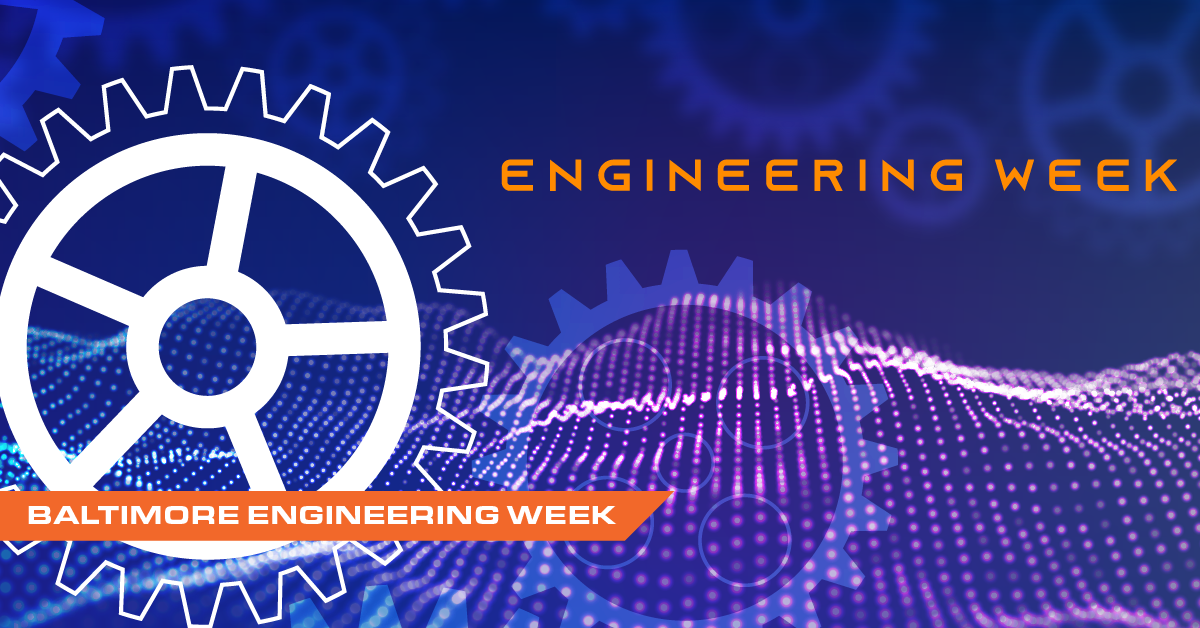Increasing Diversity in Engineering
National Engineers Week, or EWeek, takes place this year from February 19 to 25. The week-long observation was first founded by the National Society of Professional Engineers (NSPE) in 1951, and is celebrated annually to highlight the influential work done within the engineering field. NSPE’s mission has further expanded to place emphasis ensuring a diverse, well-educated, and vigorous engineering workforce.
One way that Northeast Maglev has joined in on the celebration of EWeek is by elevating some of the underrepresented voices behind current successes in engineering. In our most recent blog post, we interviewed local civil engineer, Jayne Tokar, who is making waves in the industry as a woman superintendent. In today’s blog, we’ll dive a little deeper into the statistics and trends in the industry, while highlighting some amazing organizations that are dedicated to innovation, growth, and inclusion within Science, Technology, Engineering, and Mathematics (STEM) fields.
While we are seeing increasing representation of minority groups in the engineering field, there is still a long way to go, and the growth across different races, ethnicities, and genders remains uneven. According to Pew Research Center, “Black workers, who comprise 11% of total employment across all occupations, are 9% of STEM workers,” and Hispanic workers, who represent 17% of total employment across all occupations, only represent 8% of STEM workers. Meanwhile, Asian and Whites students remain overrepresented. These persistent imbalances show that certain systemic issues are preventing numerous minority groups from seeing increased representation in the field.
With Maryland placing fourth out of fifty states on the U.S. Census Diversity Index (and Washington D.C. following at fifth), the career opportunities in the Northeast Corridor with the operation of the SCMAGLEV hold massive potential in continuing the diversification efforts within the engineering industry. And we’ve seen firsthand the amazing programs that have continuously been working toward these diversification efforts, like our enriching experience at the BEYA (Black Engineer of the Year) STEM Conference. BEYA’s events focus on “expanding opportunities for individuals of every race, nationality, and gender.” We were grateful to speak with high school students about their interests and future pursuits within STEM fields. Programs like BEYA, Patriot’s Technology Training Center, and National Society of Black Engineers (NSBE) are integral in engaging students, specifically, students of color, at an early age to encourage young minds from all backgrounds to pursue their dreams in STEM related fields.
The Society of Hispanic Professional Engineers (SHPE) is another admirable organization, being the nation’s largest association dedicated to fostering Hispanic leadership in the STEM field. They offer training, mentorship, and programming for members of the Hispanic community who are interested in STEM fields. Their 2021 annual report is remarkably impressive (go see for yourself here!), with over 286 active chapters across the nation.
AccessEngineering is an admirable organization devoted to increasing the participation of people with disabilities in engineering academic programs and careers. Their ultimate mission is to “benefit society by increasing participation in engineering fields and enhancing these fields through the talents and perspectives of people with disabilities.” If you are interested in learning more about equal access in STEM, AccessEngineering’s resources page has plenty of free educational resources here.
And, as we touched on in our previous blog, women as a whole remain underrepresented in STEM career fields. In highlighting Jayne’s experience as an engineer, we also touched on the Society of Women Engineers (SWE), who are dedicated to empowering women in STEM while emphasizing diversity. To really honor this year’s EWeek, we celebrated #GirlDay2023 in person at The Engineers Club in Baltimore. Presented by the Women’s Transportation Seminar (WTS), the event was an opportunity to hear from successful women in the civil engineering space, specifically within transportation. This event, along with #GirlDay2023 as a whole, served as great reminders that having role models within underrepresented demographics is imperative to furthering diversity, inclusion, and equal opportunity.
At Northeast Maglev, we are eager for the Superconducting Maglev (SCMAGLEV) technology to offer state-of-the-art career pipelines and apprenticeship opportunities within STEM fields. Neb Sertsu, our Director of Project Development at Northeast Maglev, has been particularly motivated by the SCMAGLEV’s potential for removing barriers for the public, whatever those barriers may look like. For some, lack of reliable transportation poses a massive obstacle to upward growth or career goals. For others, lack of opportunities within an accessible and equitable workforce is the greatest barrier to success. Neb emphasizes that the SCMAGLEV represents a future with fewer barriers to achieving equity, and ultimately a future less limited by physical space.
It’s no secret that engineers are problem solvers. They design, develop, and oversee the critical infrastructure that our nation relies on. Northeast Maglev is eager to support the continued diversification of the engineering workforce, and celebrate those who make remarkable contributions to our advancing society. Happy EWeek!
